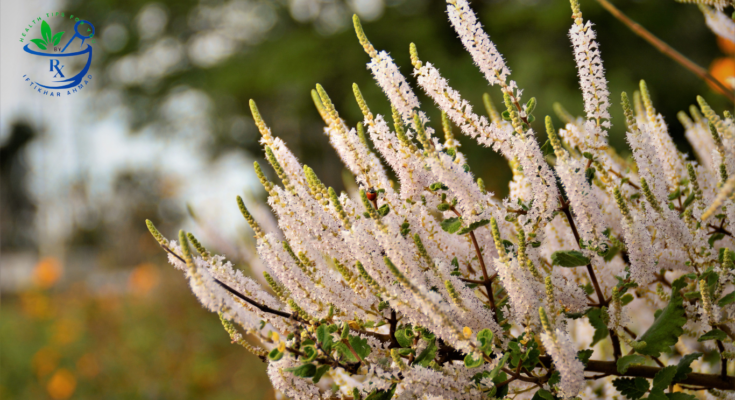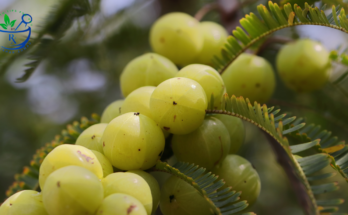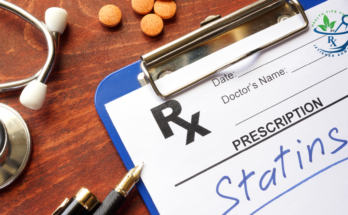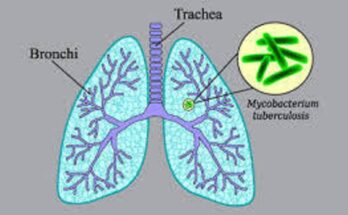Myrrh which is a constituent of Commiphora myrrha has for many years been used in China for many purposes most of which are health related. The process of making this harvest is by cutting small opening on the bark of the myrrh tree so that the exude forms sap which comes out and turns out to be small resinous droplets. Afterwards, these types of ‘tears’ of myrrh are gathered and used in every day activities including the medicinal, the religious, and the cosmetic ones. Now, let’s look at the uses of myrrh and get to know its incredible features of Myrrh’s properties.
What Makes Myrrh Resin Special?
This is a versatile oil that is renowned for its antimicrobial and anti-inflammatory attributes, thus making it a highly valuable essential oil. It may aid in fighting infections, reduces inflammation, and nurture the cells responsible for tissue repair. On the same note, myrrh is known to contain antioxidants that can help the skin combat oxidative stress and free radicals that lead to the growth of wrinkles, giving the skin a young look.
Five Superb Health Benefits of Myrrh
1. Fights Inflammation
The spice of Myrrh contains reducing inflammation. The resin also contains sesquiterpenoids and terpenoids that are pro-fatty acid synthase and possesses anti-inflammatory properties. This means that myrrh can help with conditions associated with inflammation, such as arthritis and inflammatory bowel diseases. Researchers have found these compounds effective in such instances because they prevent the release of cytokines, which cause pain and inflammation.
2. Combats Fungal Infections
The current findings also suggest that myrrh is useful in bacterial and fungal infections because of the antifungal constituent found in myrrh. This herb has since past been used to treat ones wound, ulcer and throat infection. It fights against many groups of bacteria and other pathogenic organisms hence reducing the chance of developing further complications.
3. Aids Wound Healing
Note that you can use myrrh essential oil topically by diluting it with water or other substances to aid in healing wounds. Traditional Chinese medicine considers myrrh an important herb for managing wound healing due to its antiseptic and tissue healing capabilities. It can increase circulation to the area where you apply it, thereby promoting rapid tissue regeneration necessary for the healing process.
4. Reduces Oral Bacteria
Myrrh is valuable in maintaining oral hygiene; the antimicrobial activity of myrrh has been seen thousands of years ago. It minimize the formation of plaque and lessen the signs of inflammation of the gums. Mouthwash or oral rinses containing myrrh provide flossing effect as well as promoting healthy gums and mouth that has good breath. It can be used to combat a particular type of bacterium that poses a threat for infections in the mouth and for overall oral health.
5. Supports Skin Health
Myrrh is particularly effective in supplying the skin in general wellbeing and health. This increases blood flow to different areas of the body, is good for the skin especially when massaged, helps to even the skin complexion and tone. Myrrh can be used in creams and lotions, serums, and even facial masks to help improve the quality of the skin and give it energy. It also has antioxidant properties which are useful in preventing the skin from constant onslaught of external destructive factors, hence the youthful and glowing skin.
Composition of Myrrh
Myrrh contains a number of volatile organic compounds that make up for the mystery behind the medicine. These include:
- Sesquiterpenes: It employed for its, Anti-inflammatory and analgesic effects
- Terpenoids: Antibacterial and antiaging capability
- Sterols: Assist in skin repair and remodeling
- Volatile oils: Pines, for instance, should serve to enhance, complementing the fragrance with added medicinal value
Tips for Using Myrrh
Topical Application
Dilution:
Experts recommend mixing myrrh essential oil with another oil (such as coconut oil or jojoba oil) before applying it to the skin to avoid causing inflammation.
Patch Test:
Use a small section of your skin to carry out a patch test especially if you are sensitive to it to know how your skin will perform when used even more.
Skincare:
Others use myrrh oil as they apply lotion or cream on the skin by simply dropping several drops of myrrh oil to the lotion or cream.
Oral Health
Mouthwash:
Topically you can use myrrh oil for example add a few drops to water and use the solution as a mouthwash. Hold it in your mouth for about a minute or till the sensitivity of breath and gums subsides. ”
Toothpaste:
Add the myrrh powder to the tooth paste that is homemade as this is good for killing the bacteria in the mouth.
Aromatherapy
Diffusion:
Because myrrh has calming properties, you can diffuse it around the room using a diffuser to spread its scent through the air.
Inhalation:
To soothe the respiratory system and encourage relaxation, first, pour water into a bowl and bring it to a boil. Add about two drops of myrrh oil to the hot water. Cover your head over the bowl and breathe in the steam.
Internal Use
Capsules:
Myrrh products include capsules for internal ingestion or sublingual use, and creams or ointments for external application. Note that you should first discuss taking any new supplements with a health care provider.
A Word of Caution
Nonetheless, despite the great history of myrrh usage, caution is essential when taking supplements or extracts. It’s advisable to consult a medical professional if you have health issues or are taking medications. Before applying myrrh products widely, perform a patch test to check for any adverse reactions. Particularly if you have sensitive skin, or certain skin conditions, it’s best to consult a dermatologist.
Conclusion
Researchers have proven beyond doubt that myrrh is one of the most effective natural cures. It contains active ingredients that can cure many diseases known to man. People have used it in folk medicine to cure inflammation and infections. It also encourages a healthy mouth and skin, among many other benefits. This antibacterial resin has stood the test of time and still plays a role in modern-day natural holistic healing. It is high time you learn about myrrh’s numerous medicinal properties and realize how extremely useful it can be for you.
Disclaimer
The contents given here are strictly informative in nature and does not make warranties or guarantees. Hence, it is not in any way a medical advice, diagnosis or treatment regimen. Before embarking on any treatments, consult a doctor or healthcare provider of your choice. This blog does not support or advocate readers to undergo specific tests. The blog does not endorse visiting specific physicians, opting for particular procedures, subscribing to specific opinions, or availing mentioned information.
For a similar article click the link below






Thanks for your help and for writing this post. It’s been great.
Thanks for your valuable comments